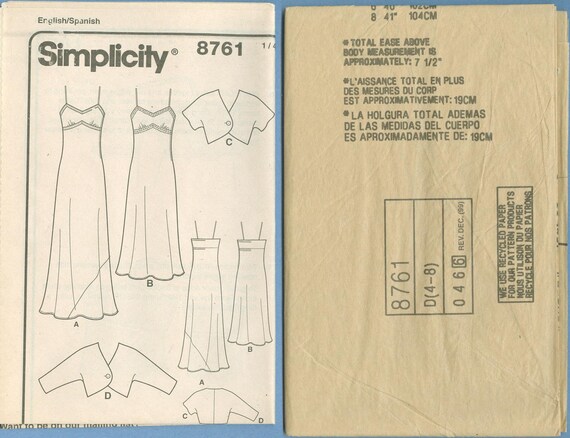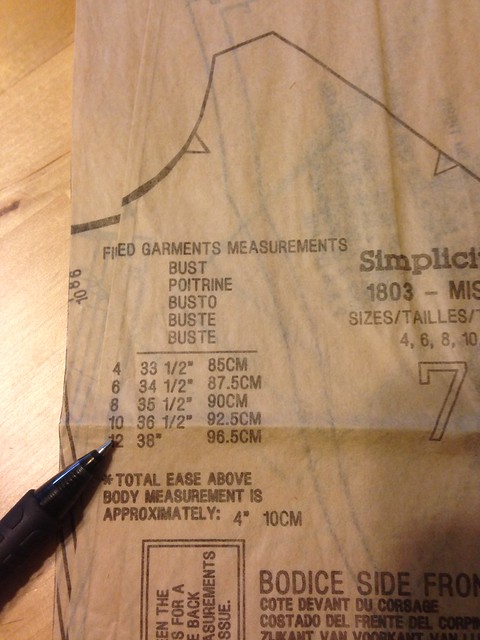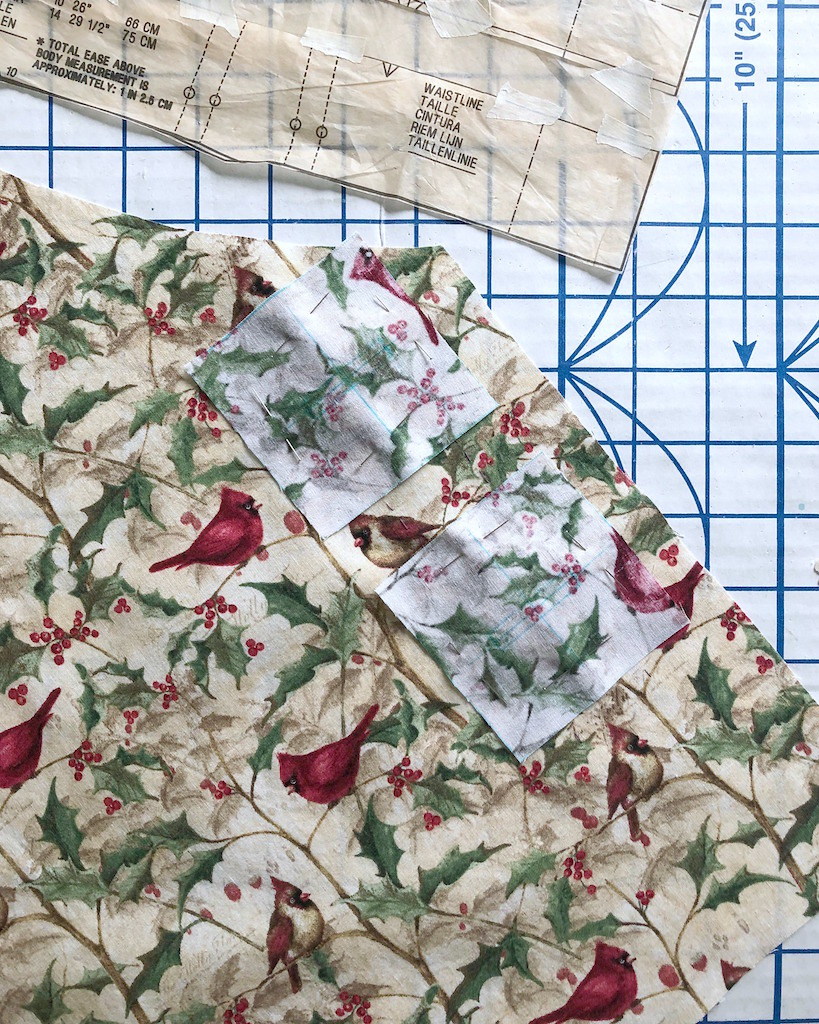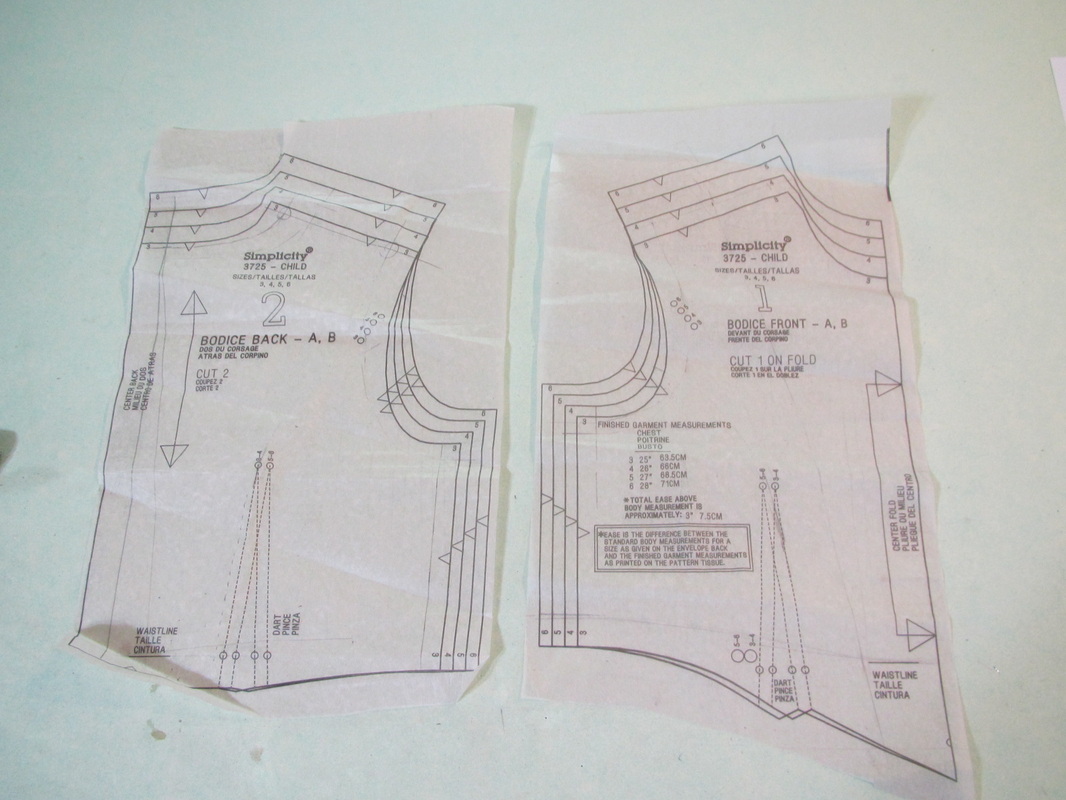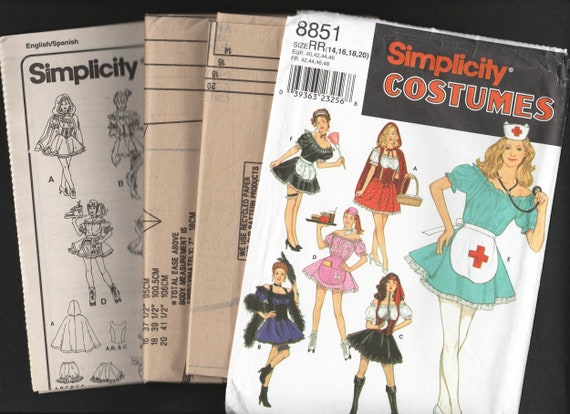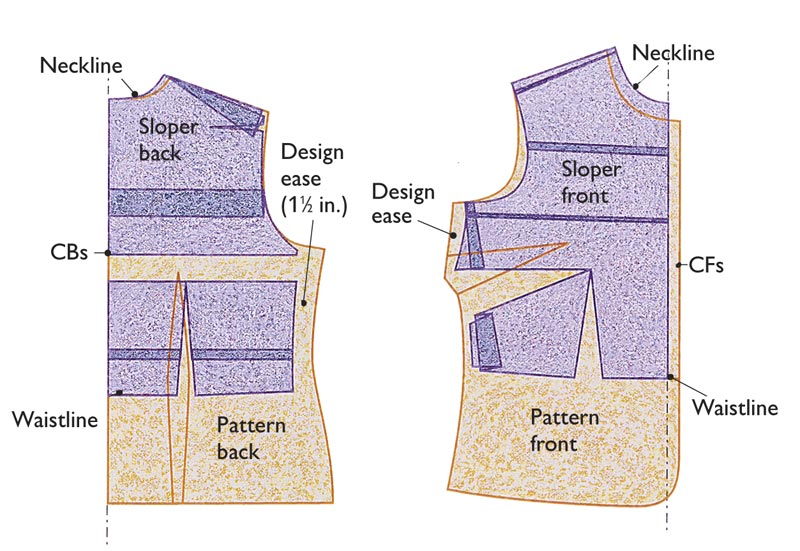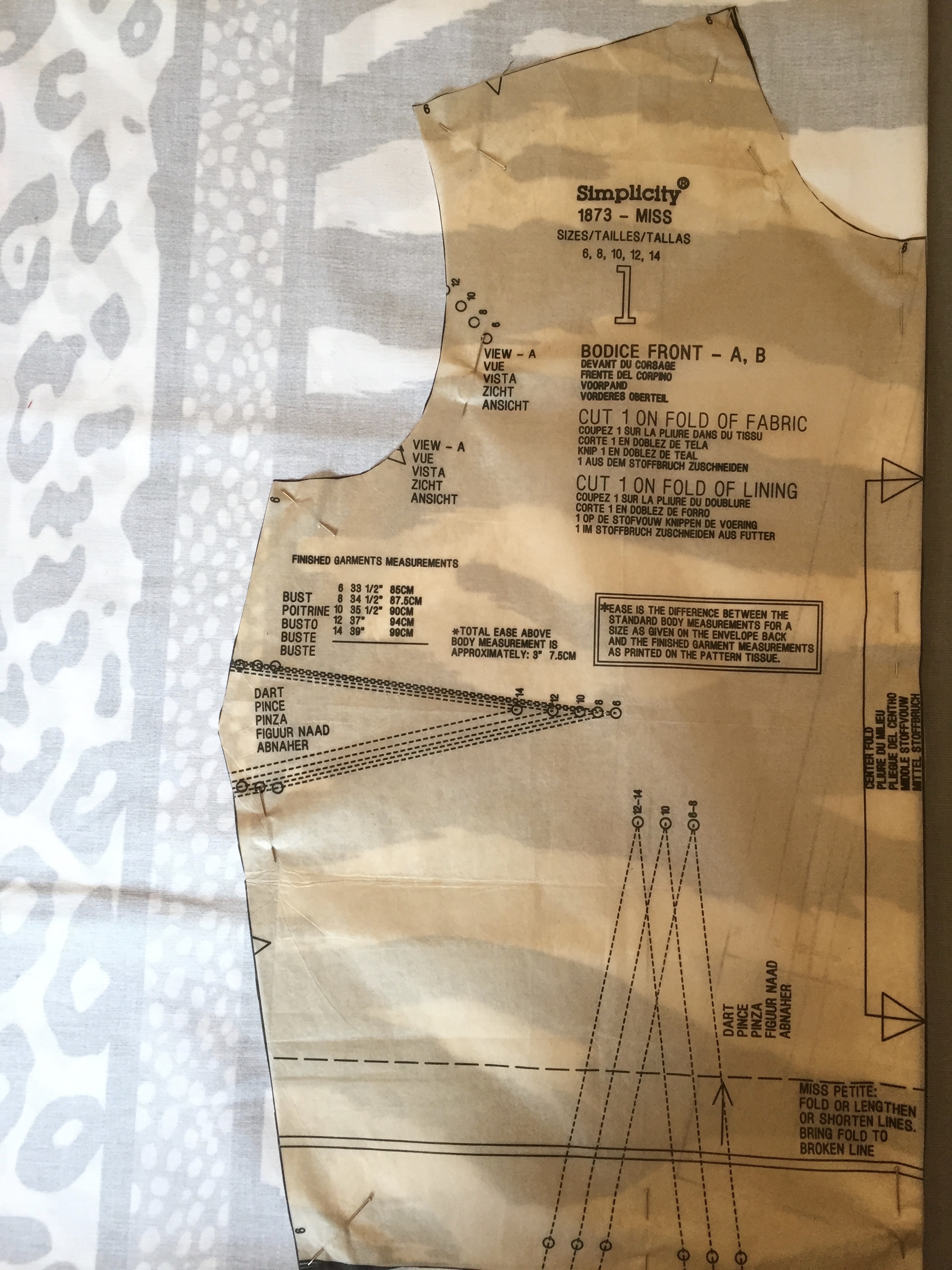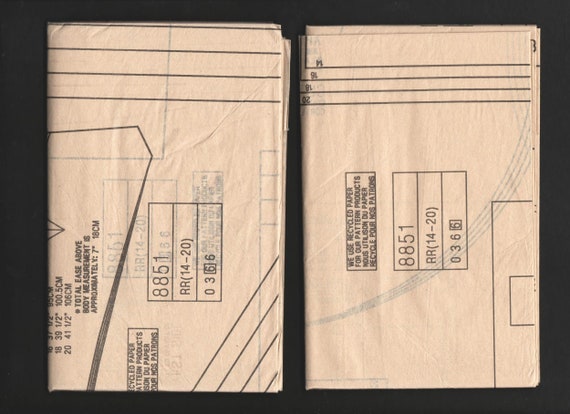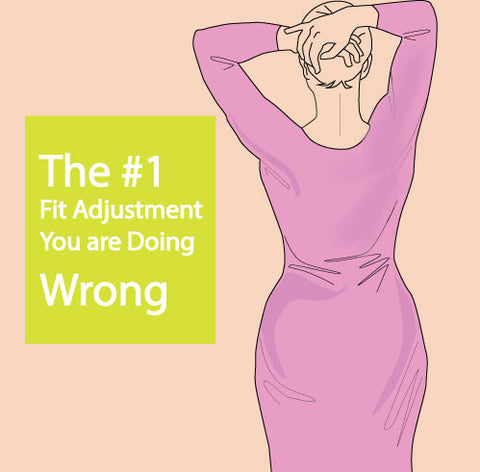
Total Ease Above Body Measurement
Comfortable fit slightly larger than actual bustchest measurement. Your hip circumference measurement is taken around the fullest part of your hips between 7 and 9 below your true. Measure your back waist from side seam to side seam across the back of your body not shown. Total hip circumference b. I never understood why so much ease is added to patterns. Classic fit some positive ease.
Fm ym we. Am i going to do jumping jacks in it. Instead i added 14 ease on front and back at bust which would give me 12 in total circumference for ease. The finished garment measurement fm your body measurement ym wearing ease we or. Close fitting zero ease. This is 2 in total circumference.
When i drafted my blocksloper my text book said to add 12 to the bust for wearing ease. Below is an example using the size 18w finished measurements from my pattern piece above. If the total amount of ease added at the hipline is 3¼ add that to your actual hip measurement to determine your finished garment hip measurement. Approximately 2 to 4 5 to 10cm less than your actual bustchest measurement. Now lets say for the sake of example you only want 2 wearing ease in. Heres the formula for calculating wearing ease.
Body skimming your actual bustchest measurement. Measure your front waist from side seam to side seam across the front of your body. Next determine the difference between that number and the finished garment measurement of the size 12. Ease allowances found at the back of the pattern catalogs may vary slightly from company to company and in some cases the ease allowed may affect the size pattern you choose. For example if a style is loose fitting with a large amount of ease and you prefer a closer fit you might decide to choose a smaller size. Very tight fit smaller than your actual bustchest measurement.
Random Post
- ailee body measurement
- electronic body measurement
- body measurements youtube
- lily allen body measurement
- lili reinhart body measurement
- naomi osaka body measurement
- body measurements simulator
- body measurements not changing
- body measurement eyes
- anjali mehta body measurements
- aamir khan body measurements in ghajini
- body measurement woman
- amanda schull body measurement
- how to get the best bra measurement
- nidhi agrawal body measurement
- what stores do bra measurements
- son ye jin body measurement
- man body measurement
- how to find body fat measurement
- jaz sinclair body measurement
- vijay sethupathi body measurements
- what bra size am i based on measurements
- shahid kapoor body measurement
- body measurement excel spreadsheet
- hrithik roshan body measurement
- body measurement chart
- emrata body measurements
- bipasa basu body measurement
- detailed lesson plan in taking body measurement
- excel body measurement chart
- milkha singh body measurement
- body measurement of shivangi joshi
- asima panda body measurements
- buddy murphy body measurements
- state three guidelines for taking body measurement
- gashmeer mahajani body measurement
- body measurements structure
- only body measurement
- best body measurements for male model
- body measurements workout apps
- bra measurement band
- suman ranganathan body measurement
- body measurement spreadsheet
- megha karpe body measurement
- niall horan body measurement
- points to consider when taking body measurement
- sonam bajwa body measurement
- body measurement facts
- mariano di vaio body measurement
- harleen deol body measurement





